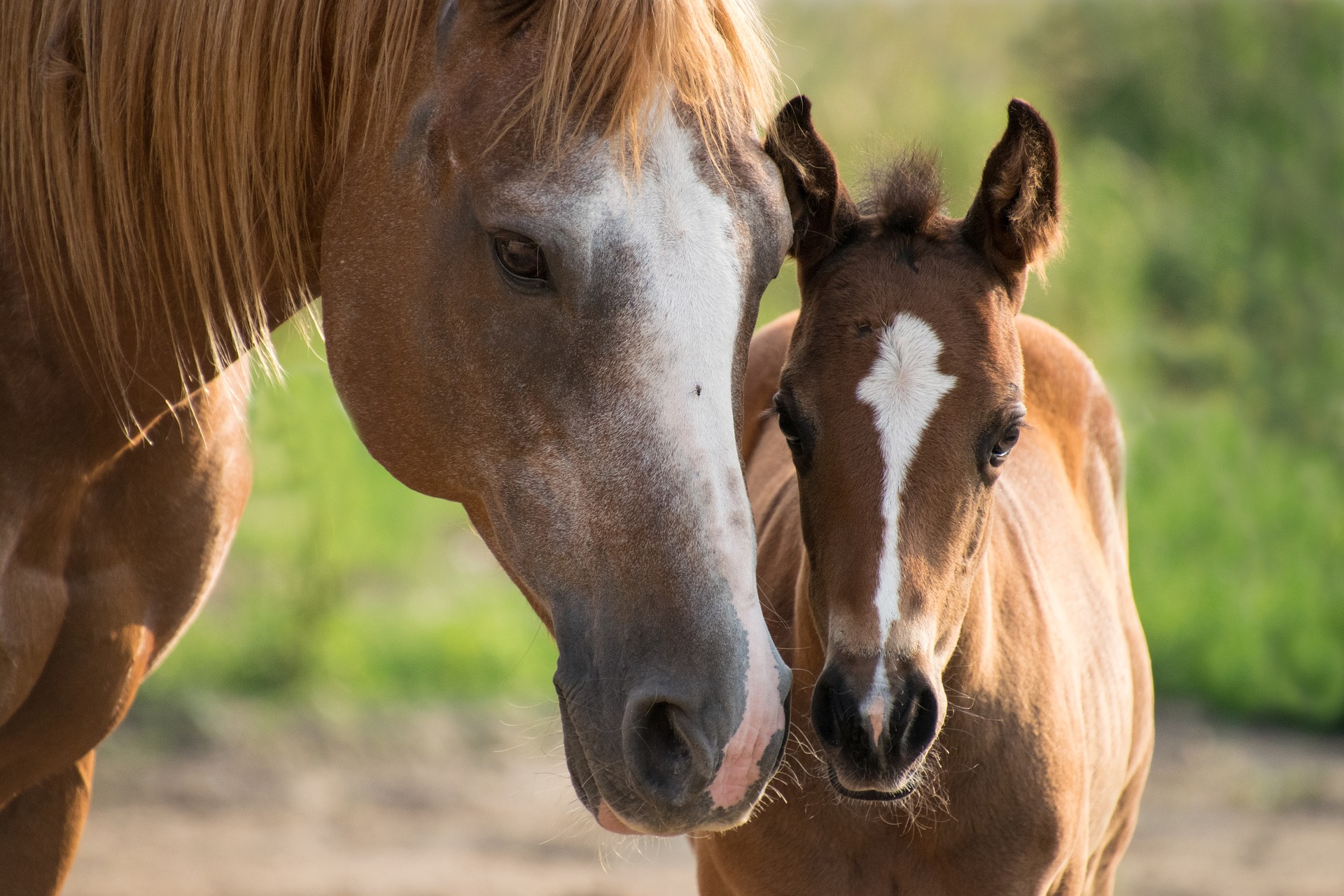A balanced diet and a physical exercise routine can ensure that animals have a better quality of life, contributing to better reproductive and athletic performance. However, pastures are generally deficient in essential vitamins and nutrients.
Horses are known to be animals whose well-defined muscular structure together with a well-groomed mane exude health and disposition. However, in some cases, they may suffer from a lack of nutrients due to an unbalanced diet. Some of the signs that may indicate nutrient deficiency are: dry hair with accentuated shedding, emaciation or difficulty in gaining weight, disturbances in reproductive processes such as difficulty in impregnating or poor semen quality, among others.
“It is important to monitor the health status of the horse from the first hours of birth to adulthood. Understand what your main nutritional needs are according to the level of physical activity, modalities that may come to compete and reproductive management, minimizing future problems and promoting health and well-being at all stages and lifestyle”, explains the doctor- veterinarian at Botupharma, Bruna Fabro.
Horses’ nutritional needs are not the same throughout their lives. Foals, for example, are considered immunocompetent at birth.
“The equine placenta is called epitheliochorial, which means it has 6 layers separating the mother and fetus. For this reason, transfer of antibodies across the equine placenta is not possible. Thus, as foals do not yet have a formed immune system, they deserve attention as they are quite susceptible when exposed to pathogenic bacteria and mycotoxins.”
For this reason, adds Bruna, “feeds are essential as they allow the ingestion of colostrum (secretion produced by the mammary gland containing vitamins, minerals such as calcium, magnesium, potassium, electrolytes and many nutrients) which will transfer immunity in the first hours of foal’s life.” The growth and development phase, up to 18 months, is one of the most critical as any nutritional or handling failure can cause growth delay or joint overload, affecting the entire life of the horse, compromising athletic performance and /or reproductive of the animal. Therefore, they need supplementation of minerals, vitamins and amino acids that may not be present or in lesser amounts in pastures and feed.
For animals with high sport performance, it is important that they receive adequate supplementation to assist not only in muscle development and endurance, but also in recovery from muscle fatigue, reducing the chance of injury after exercise. There are even supplements that can be used before the race. “Always make sure that supplements are appropriate for your pet and are not considered doping, a disqualifying factor in events and competitions.”
“Glutamine, Arginine, Chondroitin and Glucosamine are some of the allies in the case of athlete horses, as they contribute to a better performance and help both in the muscular recovery of these animals and in the prevention of injuries, as they have an intense training routine”, he points out Bruna.
In the case of pregnant mares, the recommended supplementation is one that includes in its composition arginine, omega 3 and folic acid, nutrients that act directly on Organs reproductive organs, increasing fertility rates and decreasing the chances of pregnancy loss.
“It is important to always follow the recommendation of a specialist to find out which supplement is most suitable for the horse’s needs, in addition to buying products produced by companies with years of experience in the market and that use quality raw materials”, concludes Bruna.
 Renato Lopes
Renato Lopes



